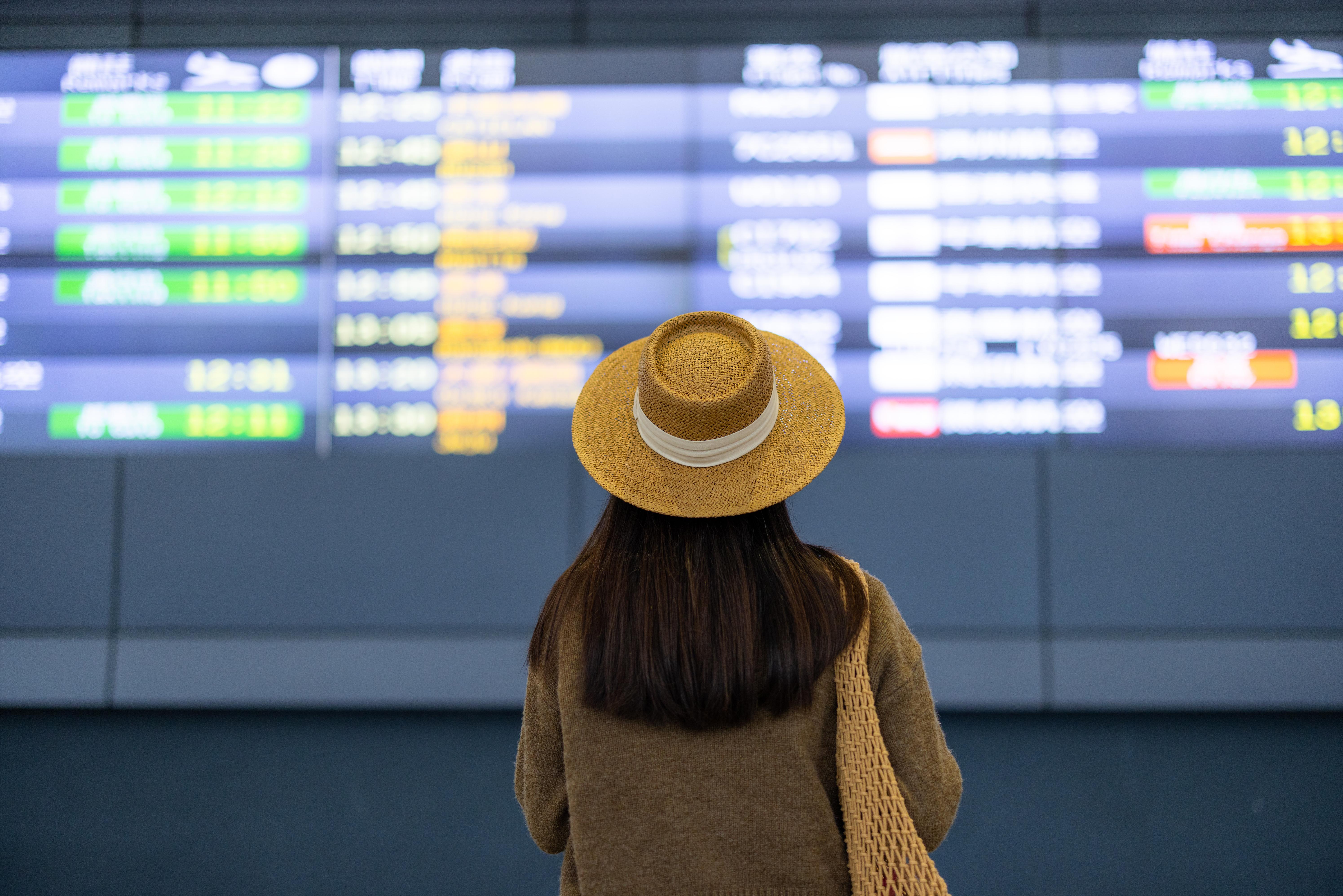Stop Touching Everything: 6 Easy Ways to Stay Healthy on a Plane
Flying is a marvel of modern technology, whisking us across continents in mere hours. However, the convenience of air travel comes with its own set of health challenges. Airplanes, with their enclosed spaces and high passenger turnover, can be breeding grounds for germs and viruses. The surfaces we touch—from tray tables to seat belts—are often less than pristine, making it easy for illnesses to spread. In this article, we delve into six practical strategies to maintain your health while flying. By adopting these habits, you can significantly reduce your risk of catching something unwanted during your travels.
The Power of Personal Hygiene: Hand Sanitizers and Beyond
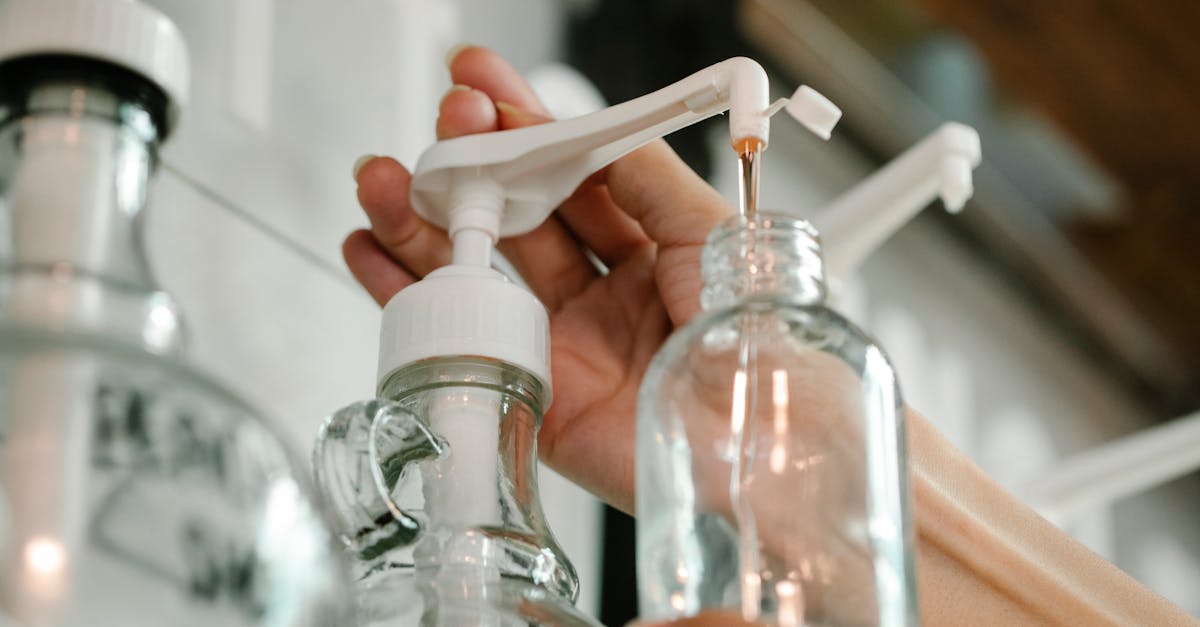
One of the most effective ways to protect yourself from germs on a plane is through diligent personal hygiene. Hand sanitizers are a traveler's best friend, providing a quick and easy way to kill germs when soap and water aren't available. Opt for a sanitizer with at least 60% alcohol content for maximum efficacy. Beyond hand sanitizers, consider carrying antiseptic wipes to clean surfaces like tray tables and armrests before use. These simple tools can create a personal barrier against the myriad of germs present on common surfaces. Remember, the key is consistency—make it a habit to sanitize your hands regularly, especially before eating or touching your face.
Strategic Seating: Choosing the Right Spot
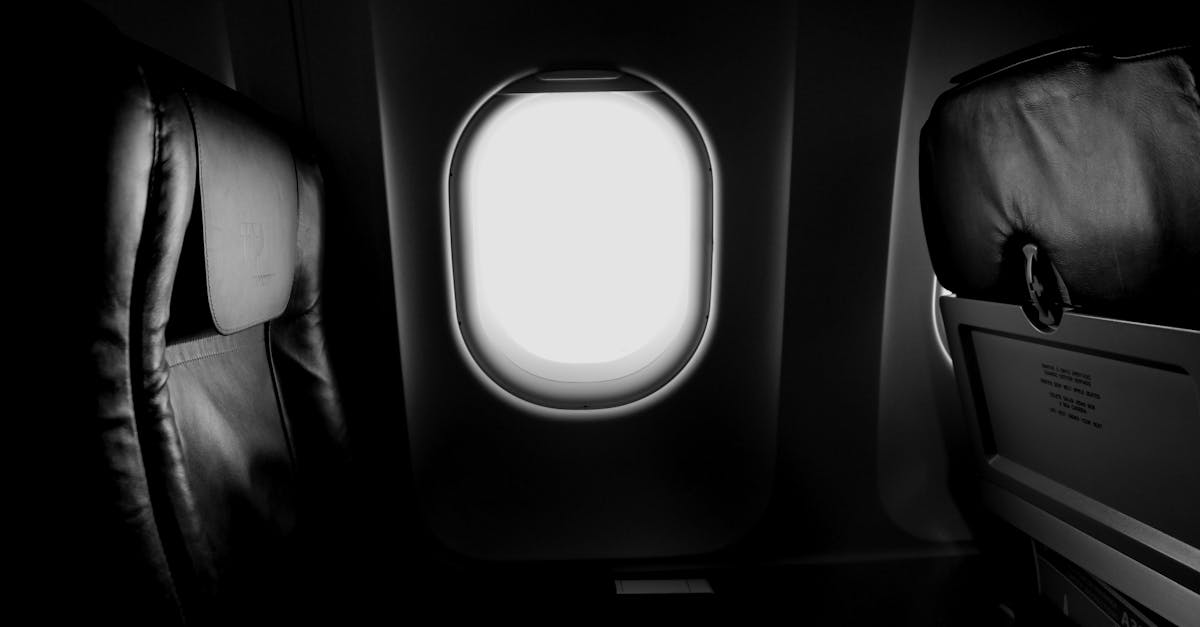
Where you sit on a plane can influence your exposure to germs. Studies have shown that window seats are generally less exposed to the aisle's constant foot traffic and the germs it stirs up. By choosing a window seat, you minimize your contact with other passengers and the surfaces they touch. Additionally, you can control your environment better by limiting unnecessary contact with shared spaces. If possible, avoid seats near the restroom, as they tend to have higher foot traffic and consequently, more germs. Strategic seating not only offers a more peaceful journey but also a healthier one.
Hydration: The Unsung Hero of Air Travel
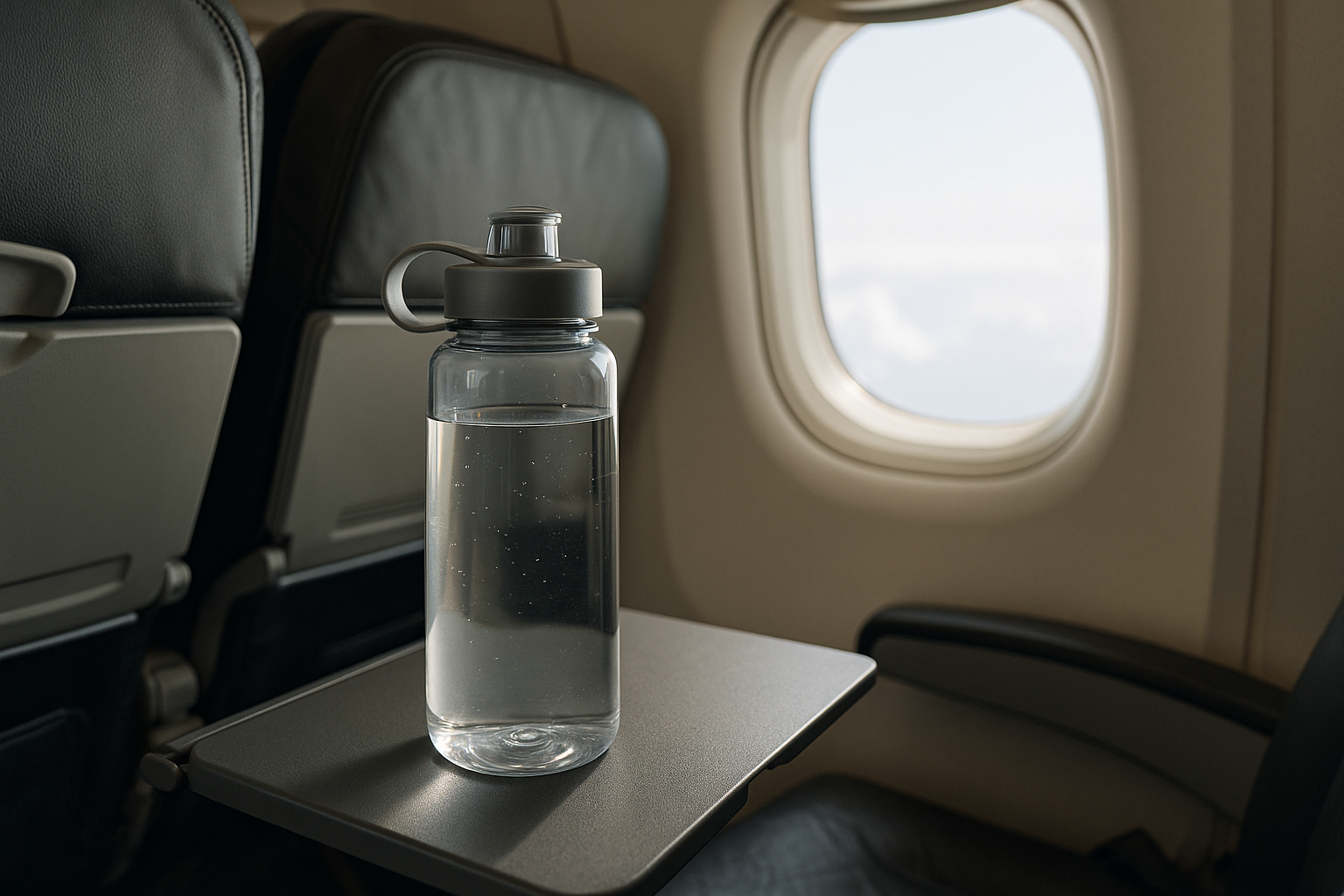
Airplane cabins are notorious for their low humidity levels, which can dry out your mucous membranes and make you more susceptible to infections. Staying well-hydrated is crucial to maintaining your body's natural defenses. Drink plenty of water before and during your flight to keep your immune system in top shape. Avoid excessive caffeine and alcohol, as they can dehydrate you further. Bringing a reusable water bottle that you can refill after passing through security is a great way to ensure you have access to water throughout your journey. Remember, keeping hydrated is not just about comfort; it's a critical component of staying healthy in the air.
The Importance of Movement: Stretch and Walk
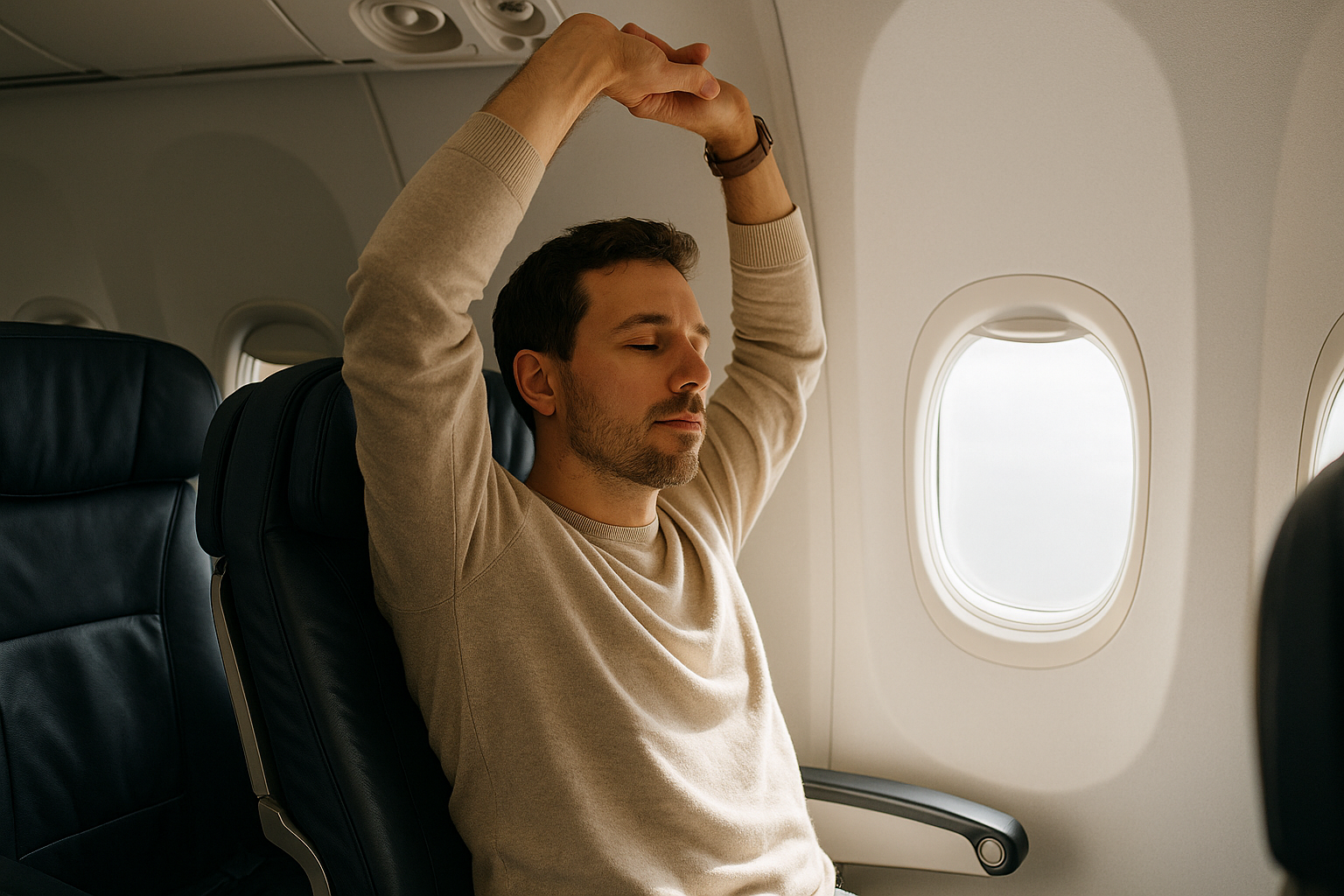
Long periods of inactivity on flights can lead to a host of health issues, from deep vein thrombosis to general discomfort. Regular movement is essential to maintain circulation and overall health. Take advantage of opportunities to stand and stretch, whether it’s during a trip to the restroom or simply standing in your seat area. Simple exercises like ankle rolls, calf raises, and shoulder shrugs can make a significant difference. Movement not only helps keep your body in good condition but also reduces stress and fatigue, which can weaken your immune system. Incorporating these small activities into your flight routine can greatly enhance your health and comfort.
Mindful Breathing: Your Portable Air Filter

Airplanes recirculate cabin air, which can sometimes lead to the spread of airborne germs. While the air filtration systems on most modern planes are quite effective, engaging in mindful breathing can further protect you. Practice deep breathing techniques to keep your respiratory system strong and clear. Consider using a personal air purifier mask if you are particularly concerned about air quality. These masks can filter out particles and provide an additional layer of protection. Mindful breathing not only helps you stay calm and relaxed but also ensures that your respiratory system is functioning optimally, reducing the risk of airborne infections.
Smart Packing: Travel Essentials for Health
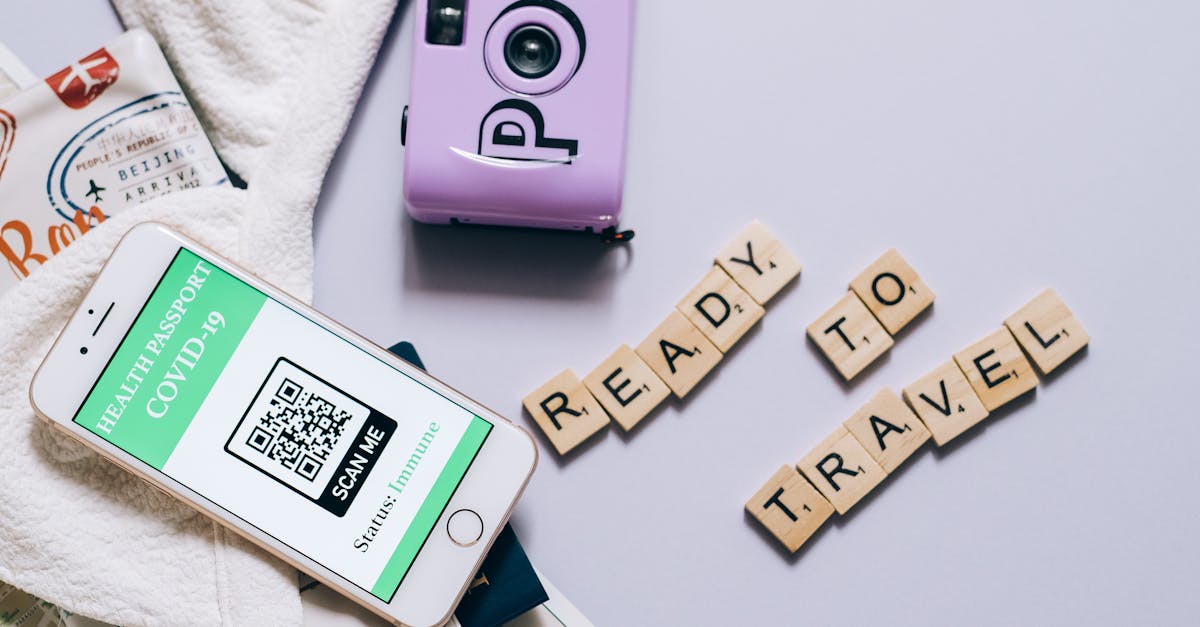
Packing smartly can make a significant difference in maintaining your health on a plane. Include essentials like a travel-sized disinfectant spray, a pack of tissues, and a small first-aid kit. Consider bringing your own blanket and pillow to avoid using airline-provided ones, which may not always be freshly laundered. Noise-canceling headphones can help reduce stress by blocking out unwanted sounds, allowing you to relax and even sleep better. Additionally, packing healthy snacks like nuts and fruits can keep your energy levels up and reduce the temptation to consume less nutritious in-flight offerings. Smart packing ensures you have everything you need to stay healthy and comfortable during your flight.
Embrace the Journey, Safely
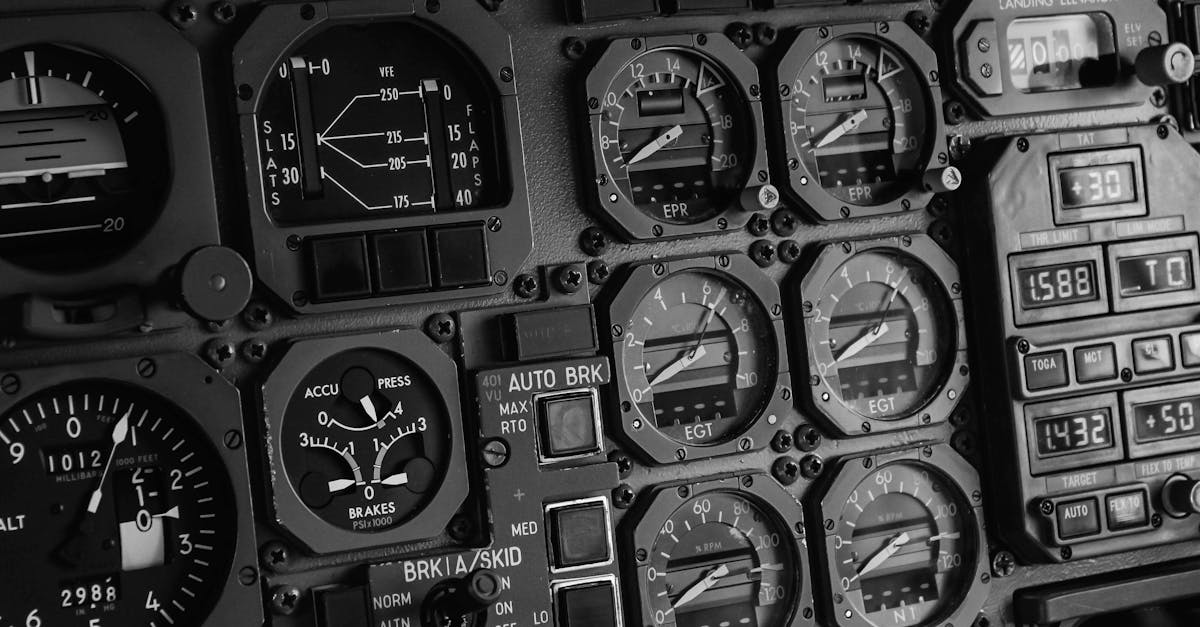
Traveling by plane doesn't have to be a health gamble. By implementing these six easy strategies, you can significantly reduce your risk of illness and enjoy your journey with peace of mind. From maintaining personal hygiene and choosing the right seat to staying hydrated and packing wisely, each step contributes to a healthier travel experience. As you embark on your next adventure, remember that a little preparation goes a long way in protecting your health. Embrace the journey and explore the world, knowing you've taken the necessary precautions to keep yourself safe and well.







